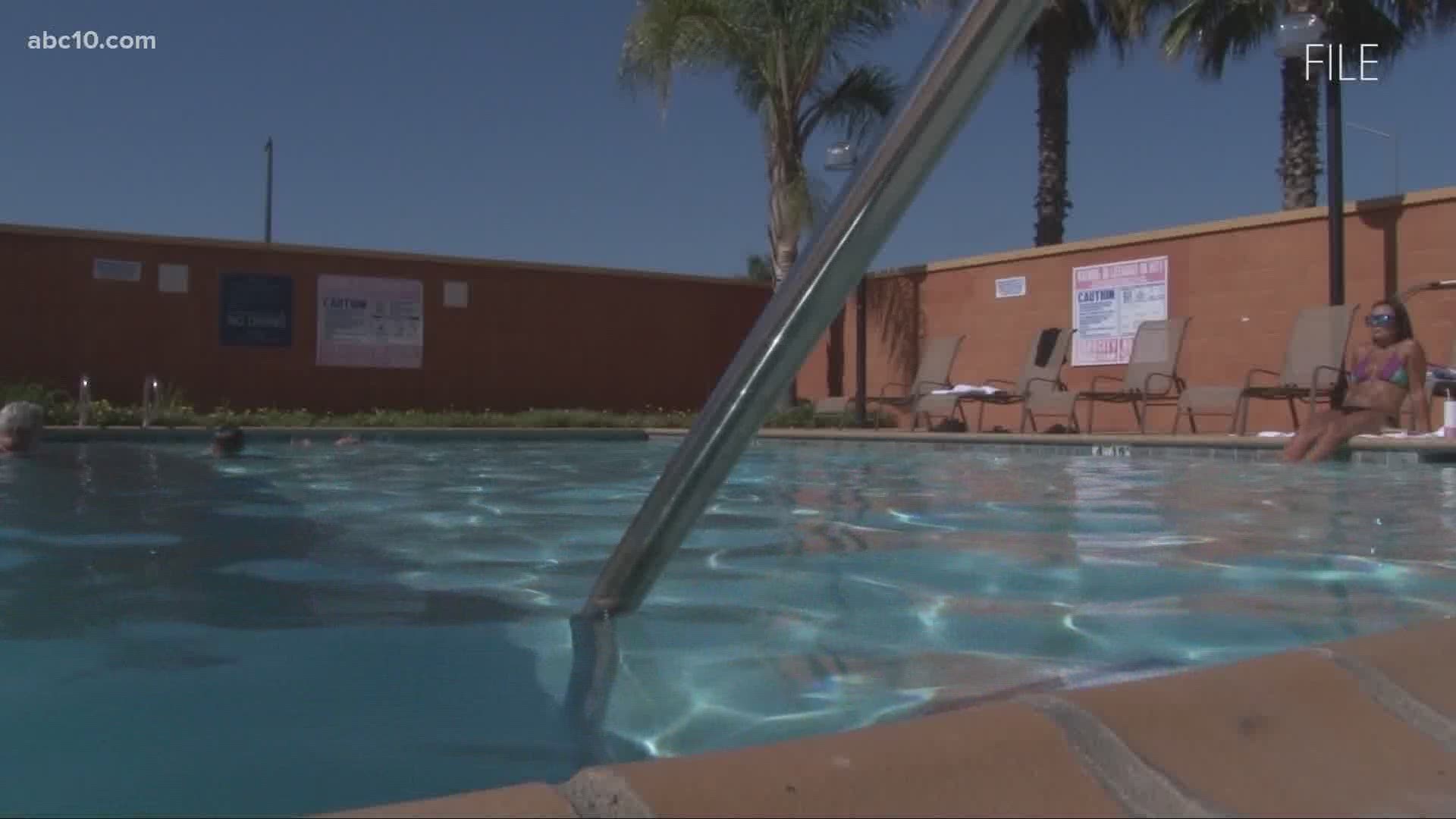SACRAMENTO, Calif — In less than half a year, over 100,000 people tested positive with the coronavirus in California.
The California Department of Public Health [CDPH] reported the latest coronavirus numbers for May 27. Across the state, 101,697 people have contracted the coronavirus (COVID-19).
Nearly half of the cases in the state come from Los Angeles County, which has 48,711 cases, according to CDPH. The next two counties with the highest number of confirmed cases are Riverside and San Diego counties.
The number of people who have died from the coronavirus is nearing a total of 4,000 as June approaches.
GET MORE INFO:
COVID-19 BACKGROUND
According to the CDC, coronavirus (COVID-19) is a family of viruses that is spreadable from person to person. Coronavirus is believed to have been first detected in a seafood market in Wuhan, China, in December 2019. If someone is sick with coronavirus, the symptoms they may show include mild to severe respiratory illness, cough, and difficulty breathing.
Currently, there is no vaccine; however, the CDC suggests the following precautions, along with any other respiratory illness:
- Avoid close contact with people who are sick.
- Avoid touching your eyes, nose, and mouth.
- Stay home when you are sick.
- Cover your cough or sneeze with a tissue, then throw the tissue in the trash.
- Clean and disinfect frequently touched objects and surfaces using a regular household cleaning spray or wipe.
- Wash your hands with soap and water for a minimum of 20 seconds.
WHY HEALTH OFFICIALS ARE SO CONCERNED
Some people have compared the low overall death toll to the flu's high annual death toll in the United States as a reason not to be concerned about COVID-19, however, doctors and health officials are concerned for three main reasons:
- There's no vaccine yet and won't be one for until early 2021, at the soonest. Scientists are still researching what other medications could help patients.
- Some people have built up immunity to the flu, but few have immunity to COVID-19 version of coronavirus.
- Both the flu and COVID-19 are spread by droplets, but COVID-19 might be spread in the air. Scientists are researching exactly how COVID-19 spreads.
HEAR FROM DOCTORS:
Dr. Payal Kohli, a cardiologist & doctor of internal medicine, spoke with ABC10's Walt Gray about the novel coronavirus, those most at risk, vaccine timeline, & more.
Dr. Dean Blumberg, the Chief of Pediatric Infectious Diseases at UC Davis, answered some FAQs from ABC10 viewers about the coronavirus:

